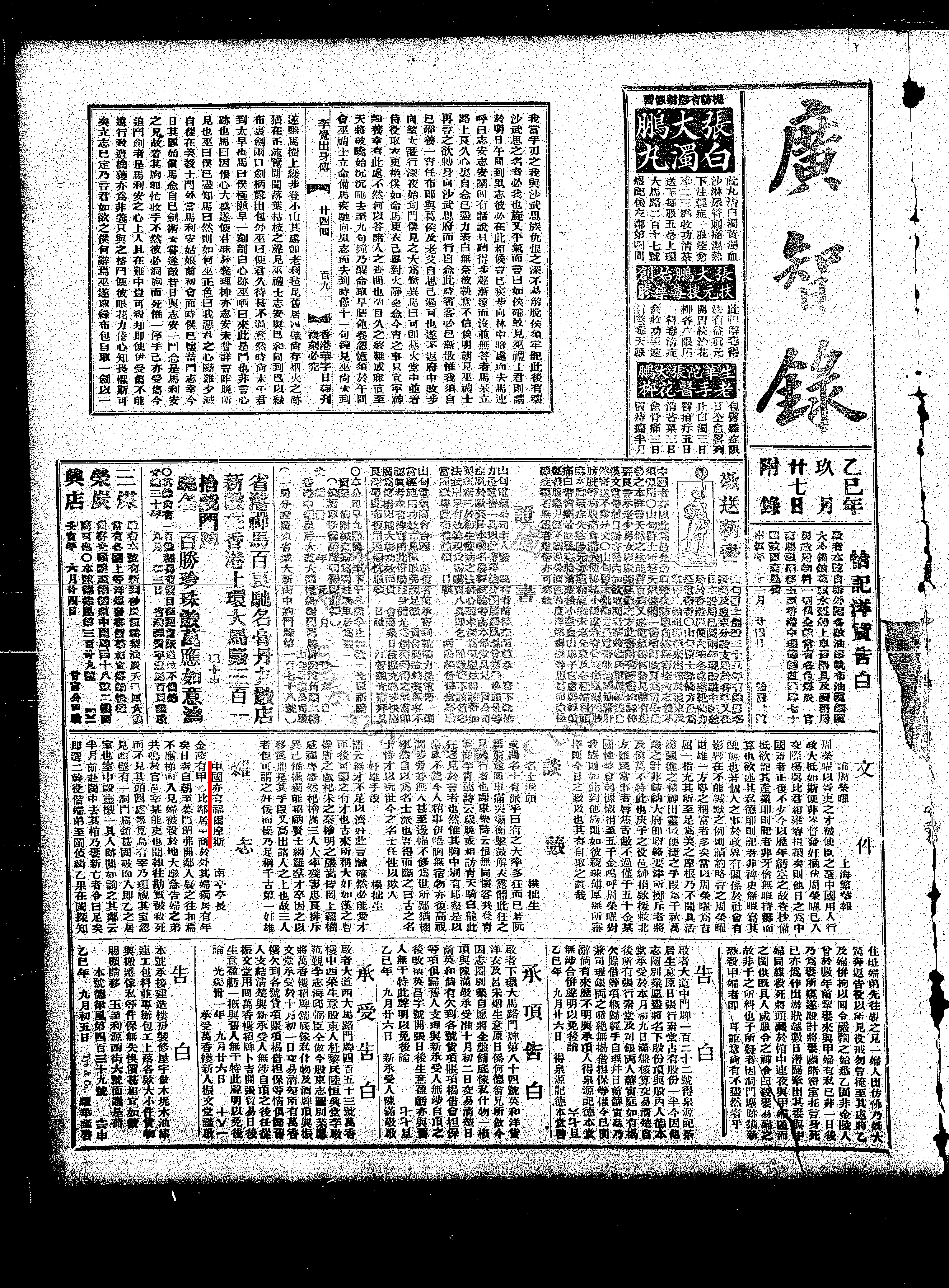The last name of the detective Sherlock Holmes is translated as "福尔摩斯"(Fuermosi) in Chinese, which seems to be strange, since the Chinese pronunciation is nowhere close to the English one, beginning with the "F" sound instead of the "H" sound. Since the word "福" doesn't vary significantly in pronunciation across dialects, it probably is not a dialectal issue.
Furthermore, the "ho" phoneme is definitely present in Chinese, and translating it as "侯尔摩斯" would be significantly closer in pronunciation to the original.
Is there a reason this strange translation was carried out in the first place, and was furthermore maintained over the years?
I was myself confused by this translation, when I saw the book in a Chinese library and could not initially place any detective story starting with "Four" or the equivalent, and only realised the true translation after browsing through the book.
